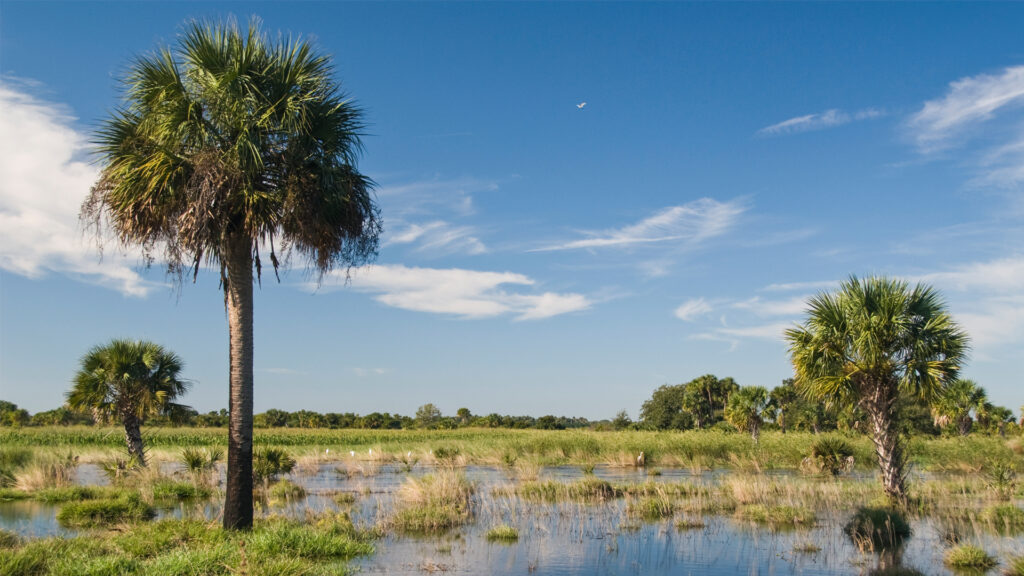By Suzanne Potter, Public News Service
The U.S. Supreme Court has gutted federal protections for much of the country’s wetlands.

The court found that the Waters of the United States rule, part of the Clean Water Act, only applies to wetlands with a surface connection to a navigable body of water. Conservation groups have said that puts up to 80% of U.S. wetlands at risk for pollution and development, with ephemeral streams and headwaters in western states at particular risk.
Alex Funk, director of water resources and senior counsel for the Theodore Roosevelt Conservation Partnership, predicted the ruling will have widespread negative consequences.
“This is going to put major setbacks on our ability to adapt to climate change, respond to extreme weather events,” he said. “So, anyone that hunts, fishes, or recreates – there was a big hit to that from the court.”
The case was brought by a family in Idaho that was prevented from building on their land. The court unanimously decided that the EPA rule did not apply to their property, but then went much further, narrowing the authority of the agency nationwide.
Supporters cheered the ruling, saying the Obama-era Waters of the U.S. rule went too far and had been a burden to property owners.
Funk said pristine wetlands are the superstars of the natural infrastructure.
“Everything from mitigating downstream flooding impacts by absorbing runoff and precipitation to encouraging groundwater recharge, to improving water quality and capturing sediment, and other pollutants that might end up in drinking-water supplies,” he said, “and, of course, the fish and wildlife impacts.”
California Gov. Gavin Newsom said in a statement that “California has adopted some of the strongest laws in this country to protect our waters and the environment, and we will continue enforcing our own laws vigorously.”
Sign up for The Invading Sea newsletter by visiting here.



